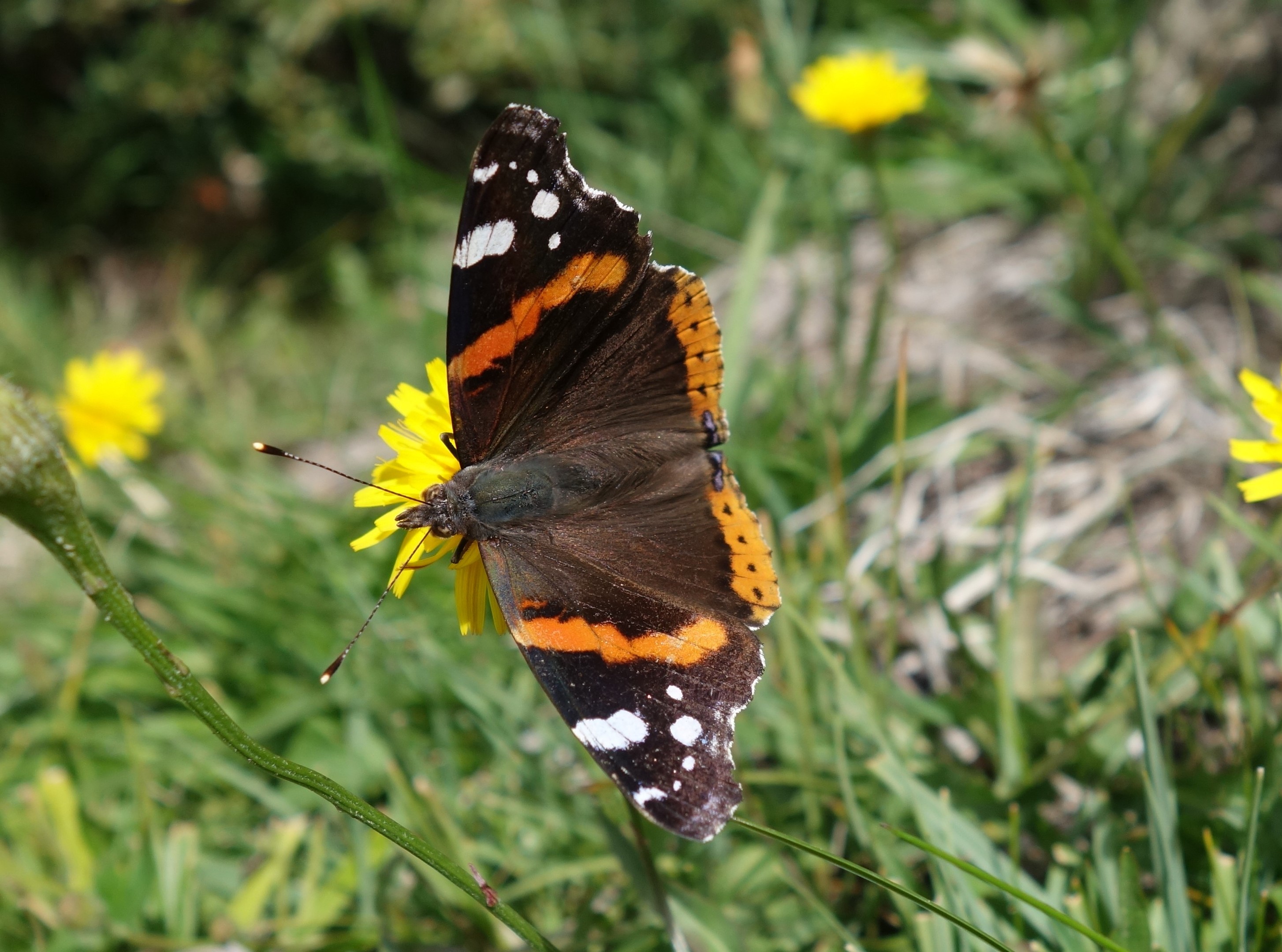Ambitious targets to reduce pesticides need to be set to reverse declines in bees, butterflies and other insects, wildlife experts say.
The call from the Wildlife Trusts comes as it publishes a report highlighting efforts to help insects across the country, with projects managing farmland, road verges, chalk streams, city parks and churchyards.
Growing evidence shows many insects are in rapid decline, such as UK butterfly populations which are down more than 50% since 1976, the report said.
The decline has impacts for farming, which relies on beneficial insects for pollination, keeping down pests and soil health, and for a host of plants and animals from birds to bats and hedgehogs.
Insects have been hit by a loss of habitat, with 97% of the UK’s wildflower rich meadows vanishing since the 1930s, ploughed up for crops or converted to less natural pasture, while 87% of wetlands have gone.
The report also said 16,900 tonnes of pesticides were applied to the countryside every year, while there was also spraying in towns, cities and gardens and chemicals poured down the drain.
But it highlights action that is being taken to protect some of the UK’s 27,000 species of insects, from bees and grasshoppers to beetles, dragonflies, moths and butterflies.
To help insects, the Wildlife Trusts are calling for a reduction target that is as good as, if not better than, the EU’s proposal to halve the overall use of pesticides by 2030.
The conservation groups warn there should be no weakening of existing UK pesticide standards in future trade deals, and there must be support for farmers to adopt insect-friendly farming practices.
It will be possible to reverse insect declines if a network of nature-rich areas are created to cover at least 30% of the UK and legally binding targets are set for the recovery of nature, the trusts say.










